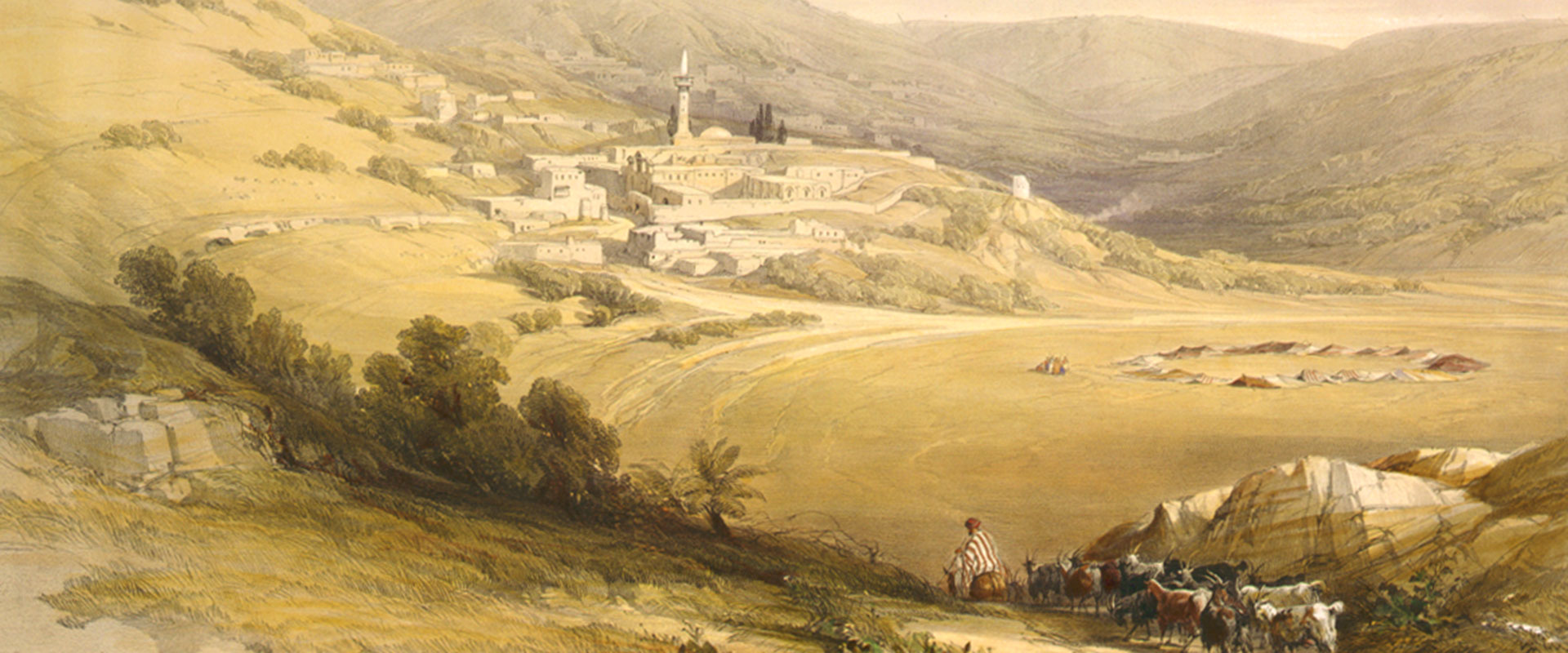The Plain of Sharon is the strip of fairly level land which runs between the central mountains and the shore of the Mediterranean sea, from the Nachal Taninim in front of Mt. Carmel to the Yarkon river in the region of Tel Aviv.
The soil is rich because the massive rains in this are in winter season.
The earth mourneth and languisheth: Lebanon is ashamed and hewn down: Sharon is like a wilderness; and Bashan and Carmel shake off their fruits.
Isaiah 33:9 KJV

I am the rose of Sharon, and the lily of the valleys. As the lily among thorns, so is my love among the daughters.
Song 2:1–2 KJV
Many Christian songs depict Jesus as the “lily of the valley,” the “rose of Sharon,” and the “fairest of ten thousand.” The songs are beautiful, and their point is that Jesus is the greatest beauty and desire of our souls. We should not read the meaning of those beautiful songs back onto the meaning of the Song of Solomon, however; the “rose of Sharon” in this book does not refer to Jesus, directly or indirectly. This book is an ancient love song, which provides wonderful insights into romance, the language of marital desire and appreciation, dealing with conflicts in marriage (the brief conflict is 5:2–6), the power of jealousy (8:6), etc.
Craig Keener, The Bible in its Context, 20.

Oak forests long existed in Sharon, whose name means forest. But biblical prophecy as early as Isaiah’s time foresaw the conversion of these forest areas—Sharon, northern Gilead and southern Galilee—into sheep pastures (Is. 65:10). In other words, while there is no substantial evidence of climatic change in the Holy Land (see p. 14), vegetational change, being largely man-made, has been widespread. The two principal elements of this change have been 1. the removal of tree cover, for building; for constructing siege-works; for fuel, and 2. the spread of pastoralism. Goats are notoriously destructive browsers, while sheep are selective in their grazing: both destroy vegetation unless strictly controlled. Under Mediterranean—let alone desert—conditions, pasture is seasonally short-lived, and stock should be moved to fresh grazing. Where this is not possible, loss of cover and erosion are inevitable.
John J. Bimson and J. P. Kane, New Bible Atlas, Wheaton: InterVarsity Press, 1985, 17.
And Sharon shall be a fold of flocks, and the valley of Achor a place for the herds to lie down in, for my people that have sought me.
Isaiah 65:10 KJV

















